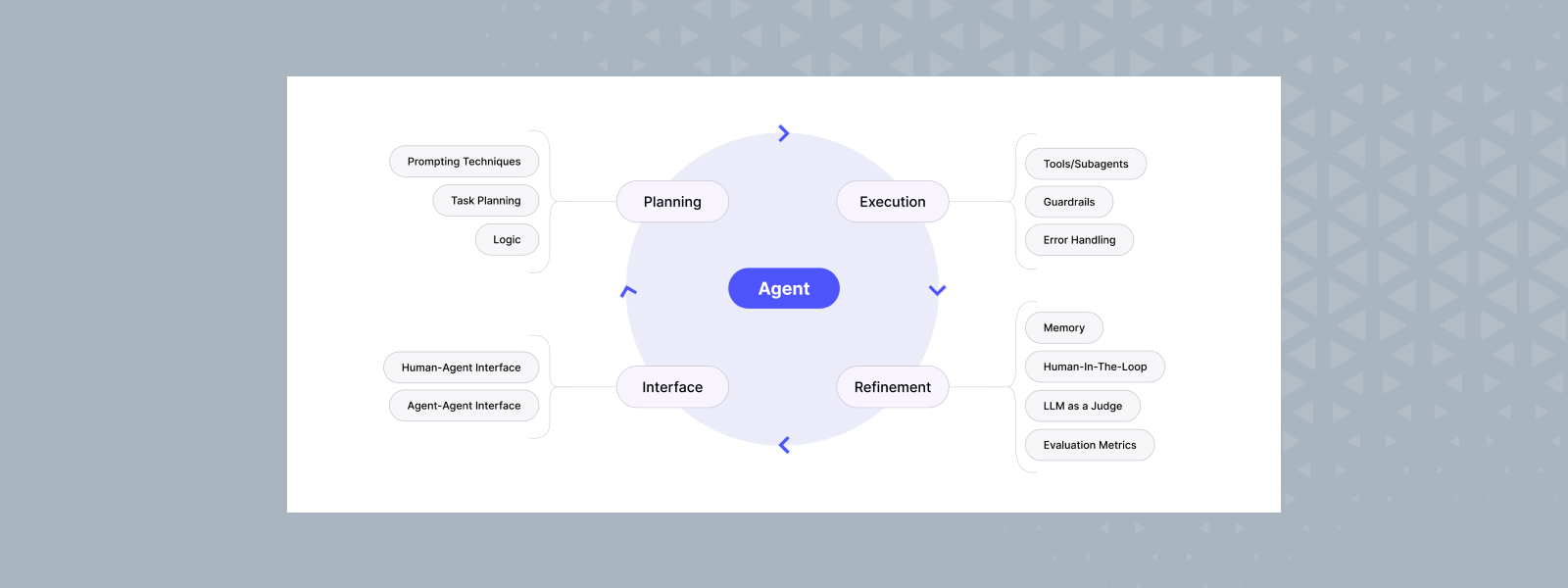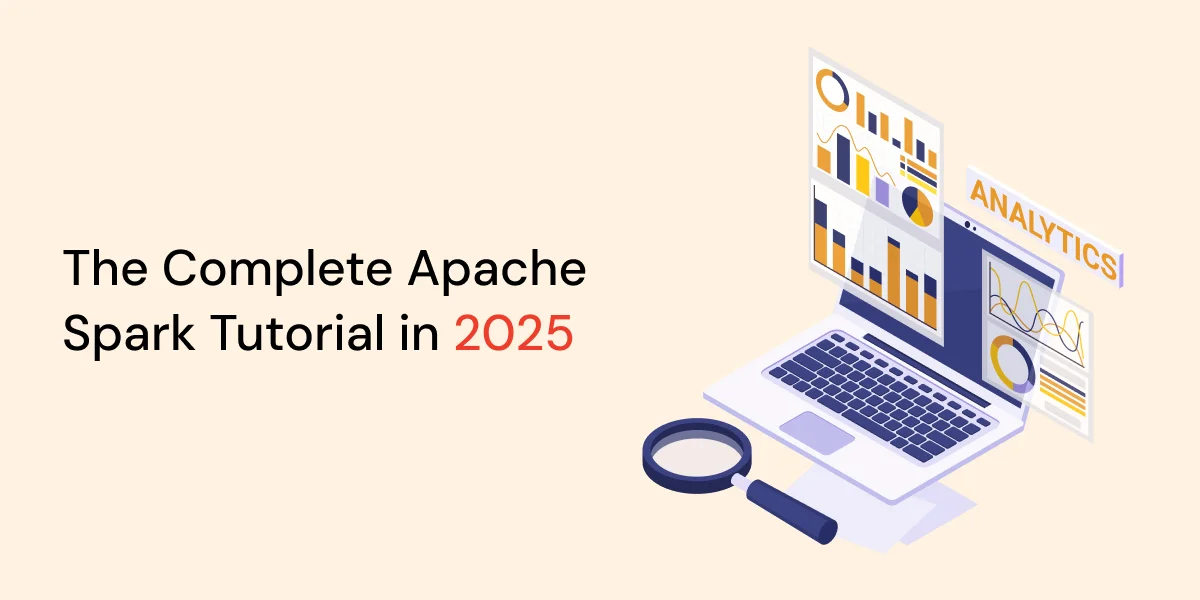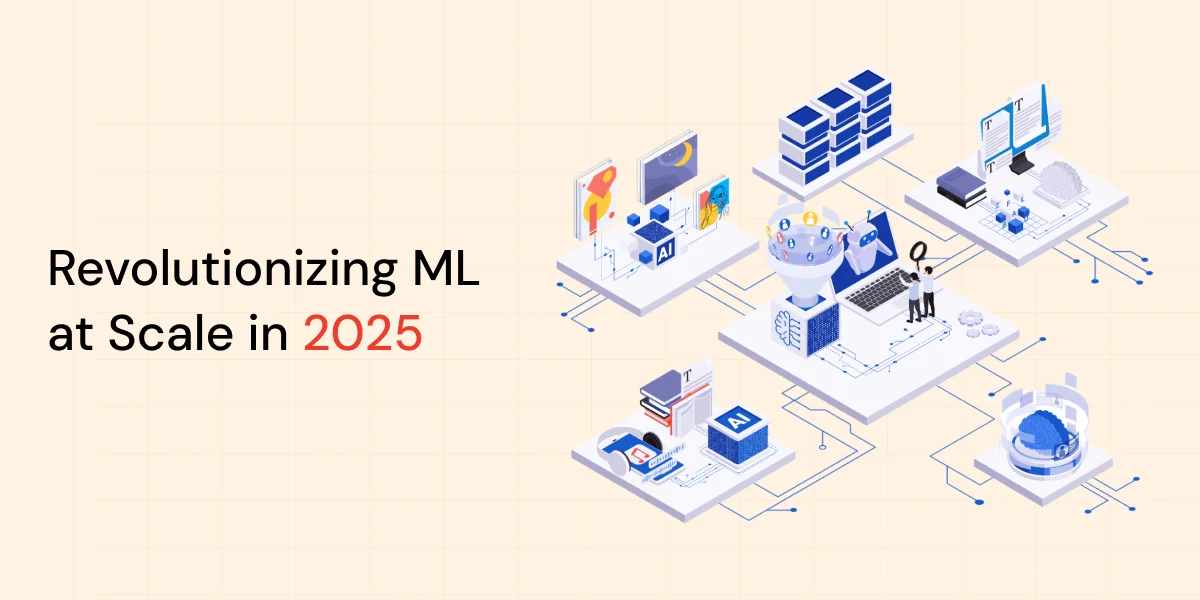Having explored the theoretical and practical fundamentals of agentic AI, we now turn our attention to the exciting future of AI agents. Now, we will explore how the field is emerging and its potential to have a transformative impact on AI.
In case you have missed the series, check out these previous articles of the series.
Why Do We Need Agents? – Part 1
What Are AI Agents? – Part 2
Multi-Agent Systems With CrewAI – Part 3
Outperforming Larger Models With Smaller Ones
One of the major selling points of AI agents is their ability to boost the performance of LLMs to such an extent that they enable smaller language models to perform comparably to larger ones. This capability was highlighted in the HumanEval Benchmark, which focuses on coding tasks. The figure below illustrates the benchmark results, showing how GPT-3.5 and GPT-4 perform alone (labelled as zero-shot) or with agentic workflows (the other labels). The results show that all agentic versions of GPT-3.5 outperform the zero-shot prompting of GPT-4. This implies that users can leverage smaller, cheaper models like GPT-3.5 to achieve performance comparable to or even better than higher models like GPT-4. They can also use an existing model to match the performance of anticipated upcoming models, like GPT-5 (or whatever OpenAI ends up naming their next LLM). This capability is particularly useful in scenarios where a self-hosted model is employed to maintain data privacy; in such cases, limited compute power may hinder performance compared to large models from companies like Google or OpenAI. However, using agentic workflows on small self-hosted models can deliver comparable results to said large models.
A Rapidly Growing Paradigm
The 2024 Hype Cycle for Artificial Intelligence report by Gartner, which provides an overview of the current state and potential of various AI domains and paradigms, indicates that agentic systems are in the early stages of gaining momentum and are set for substantial growth. This suggests that agent-based systems are on the verge of major breakthroughs and are expected to deliver significant value and innovation in the near future.
Gartner’s Hype Cycle for Artificial Intelligence, 2024.
Possible Path to AGI
The rise of AI in recent years has been accompanied by growing discussions about Artificial General Intelligence (AGI). Some predict that generative AI models might form the foundation of what will eventually become AGI. If these generative AI-based models are to approach AGI or come close to it, it is highly likely that agentic workflows will play a significant role. The iterative and collaborative nature of these workflows has the potential to be essential in expanding generative AI capabilities and advancing progress toward AGI.
Inference Speed Bottleneck
A significant factor that could impede the progress and widespread adoption of AI agents is the token generation speed of LLMs —agents’ iterative nature is what causes this bottleneck in efficient interactions. Therefore, optimising inference speed is crucial.
To enhance the response times of LLMs, the following approaches can be considered:
- Inference optimization — Improve the software running the model by approaches such as removing redundant computations, organising data more efficiently, and using better algorithms.
- Reduce model size — Use smaller models that need less computation and memory by applying techniques such as low-rank optimization, knowledge distillation, and quantization.
- Improve hardware — Opt for specialised hardware like GPUs or TPUs, which are better suited for the mathematical tasks that LLMs need to perform compared to regular CPUs.
An example of a fast AI inference solution is Groq. Groq uses a unique technology called “LPU AI inference” that offers quick, affordable, and energy-efficient performance. Its token generation speed surpasses human reading speed, which, while not much beneficial for normal single-shot prompting interactions, could greatly enhance iterative prompting and inter-agent collaboration, making agentic workflows appear more seamless and responsive. Groq offers both cloud and on-premises solutions for scalable AI applications. For more information, visit Groq’s website at https://wow.groq.com/.
Challenges and Considerations
While the future looks bright for agents, there are some challenges to consider in addition to inference speed, such as:
- Patience is Key: Unlike traditional LLM interactions, agentic workflows are iterative, and results may take time. Patience is required when working with AI agents.
- Continuous Development: Ongoing development and refinement in all aspects of agentic technologies will be necessary to unlock their full potential, as with any new technology.
- Realistic Expectations: It’s important to recognize that agentic workflows, while promising, are not a cure-all solution. Being generative AI based systems, they may still encounter challenges inherent to such systems, such as biases and fuzzy outputs. While agents can improve these aspects, complete elimination of such issues cannot be guaranteed.
- Ethical & Security Implications: As AI systems become increasingly autonomous, significant ethical concerns arise regarding accountability for negative outcomes. Additionally, if not properly managed, these systems could act unpredictably, causing various types of damage. Therefore, it is essential to implement guardrails to adhere to ethical standards and mitigate security risks.
Agents represent a significant advancement in the evolution of Artificial Intelligence. As Andrew Ng (leading AI researcher, computer scientist, and educator) suggests, agentic workflows hold the key to unlocking the true power of AI.
This concludes our topic of Agentic AI. We hope it has provided you with a comprehensive understanding of this groundbreaking technology and its potential to revolutionize various aspects of our lives, and that you are as excited about its future as we are!




